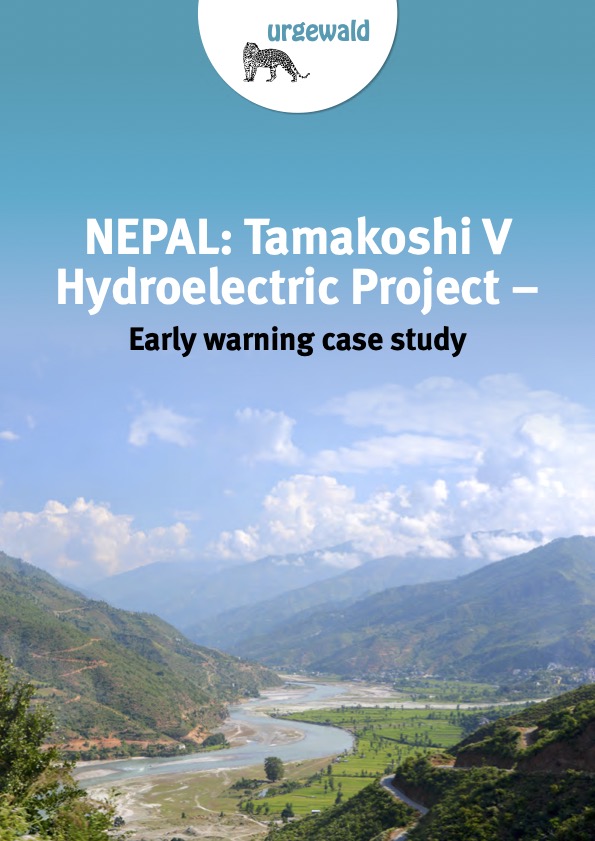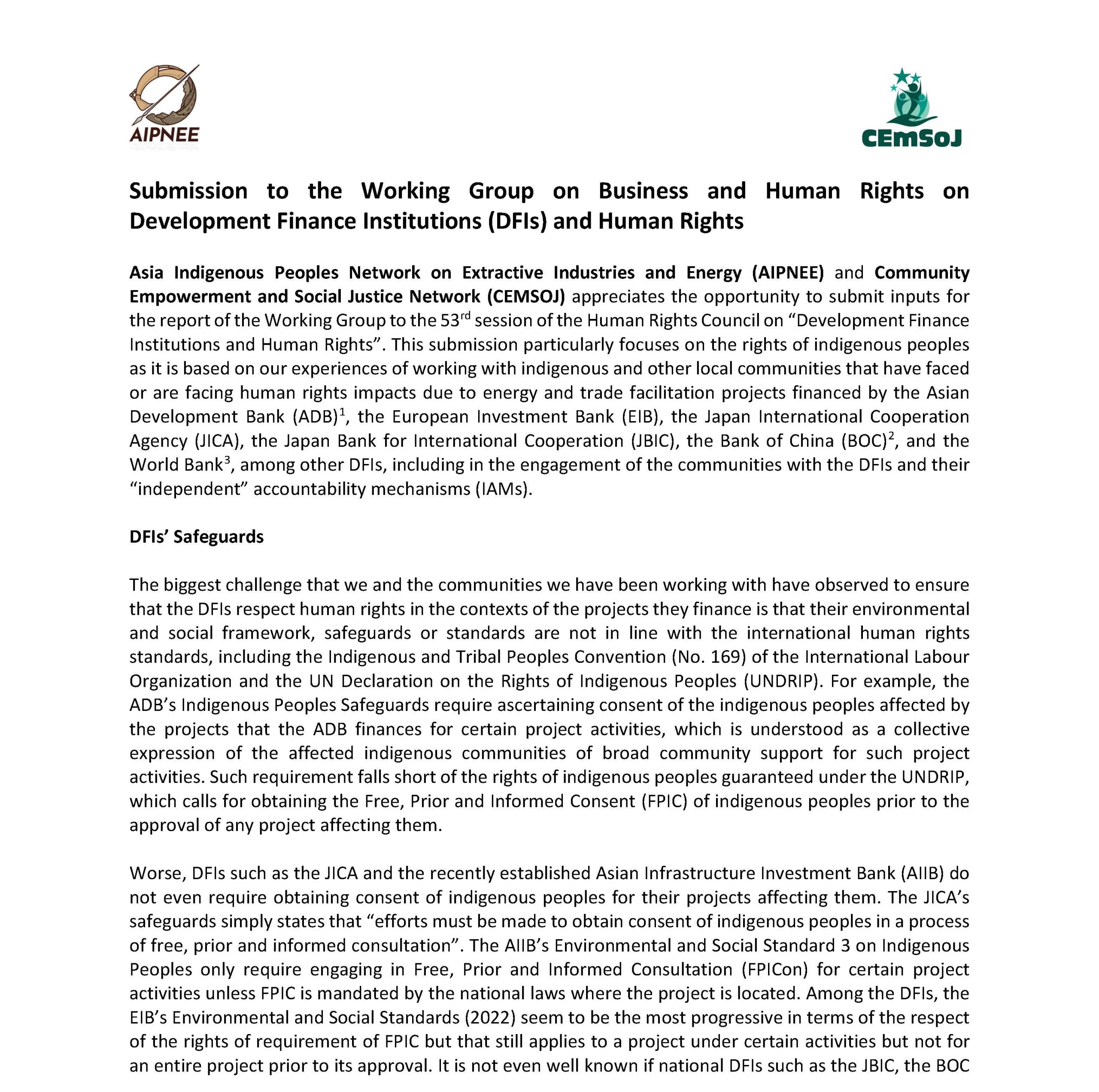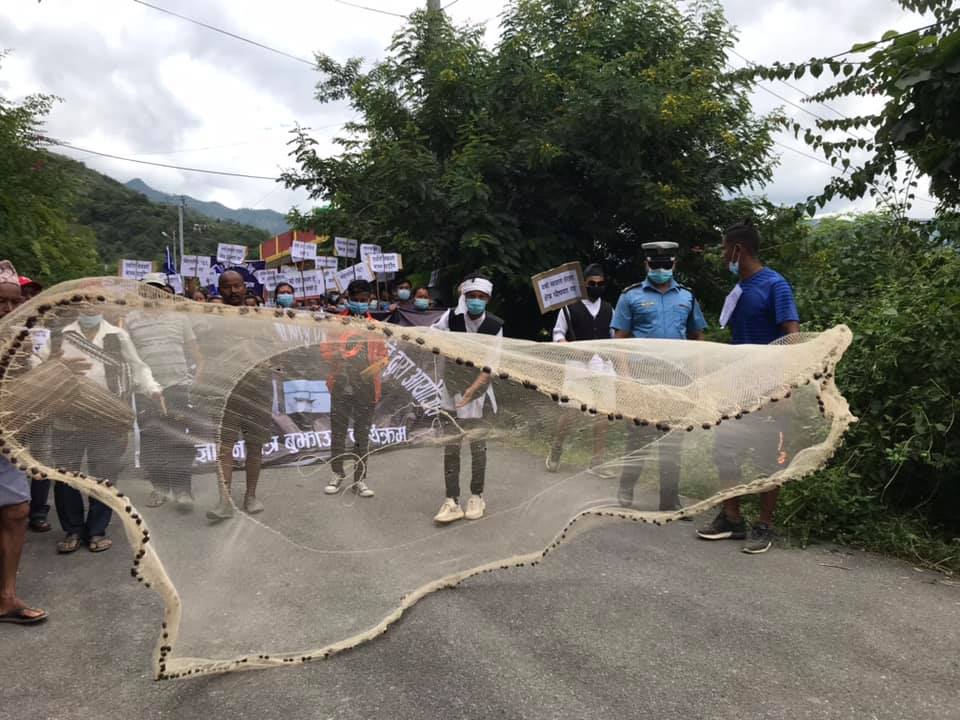This case study on the Tamakoshi V Hydroelectric Project aims to analyze the impacts of the Project during its early stages of implementation in order to identify potential gaps in the accountability framework for the Project in line with the policies of its financier Asian Infrastructure Investment Bank (AIIB) as well as wider impacts of the Project in the context of cumulative impacts of the cascade dams being built or planned in the Tamakoshi River. Further, the case study seeks to look into the Project to determine if it is in line with the environmental sustainability and fiscal stability of Nepal.

The case study calls for calls for serious reassessment of the Project on the grounds of outdated feasibility study and inadequate information disclosure, lack of participation and consent of the affected communities, and potential cumulative environmental harms, among other concerns. It is based on desk review of the official Project documents, relevant policies of the AIIB and laws and policies of Nepal as well as media, governmental and non-governmental reports on the Project and other associated projects. While CEMSOJ has made initial efforts to reach out to the affected communities of the Project to understand their perspectives of and aspirations with the Project at the ground level, lack of such information gathered so far poses a major limitation for this study . In order to address that, it is planned that this study will later be complemented by field visits to the affected communities.
more “Tamakoshi V Hydroelectric Project: Early Warning Case Study”

